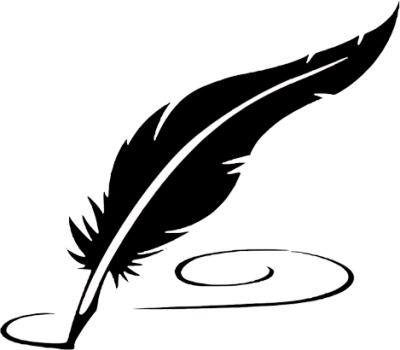One of the most accomplished indigenous poets describing New Hampshire is surely Cheryl Savageau. She has been writing about her Abenaki and French heritage for years, to substantial critical and academic acclaim (including a Pulitzer prize nomination).
Her first book, Home Country (1992), is unfortunately out of print now, though you can still find used copies, as well as a cassette recording of some of those poems. The second, Dirt Road Home (1996), is a little more readily available, although its publisher, Curbstone, had to close recently.
Partly, perhaps, because New Hampshire doesn’t have federally recognized Indian tribes, or reservations, or a lot of the other structures that make indigenous people visible (like economic enterprise), many people seem to assume that there really “aren’t any” Native people here. Dirt Road Home really re-maps the Granite State as Abenaki territory (which it is, along with Vermont, and parts of western Massachusetts, western Maine, and southern Quebec). In one of the best poems, “Looking for Indians,” she remembers the night her father hauls out an atlas:
See, he says, Abenaki,
and shows me the map
here and here and here
he says, all this
is Abenaki country.
In her third book, Mother/Land, Savageau is even more persistent in mapping specific places in New Hampshire (the Pemigewasset River) and Massachusetts (Lake Quinsigamond) as deeply Native spaces. And there are all kinds of other treasures here, too, like the poems about the rings and necklaces she sifts through in her mother’s jewelry box, after her mother’s passing; and some juicy indigenous erotica as well!
If you are academically inclined, you can check out my essay on Savageau’s poetry in Studies in American Indian Literatures 22.3 (2010). But why not get yourself a copy of Mother/Land and join our “Indigenous New England” discussion group on Goodreads.com? A dynamic group of readers (including at least one other Abenaki poet!) will be joining us until October 3.
